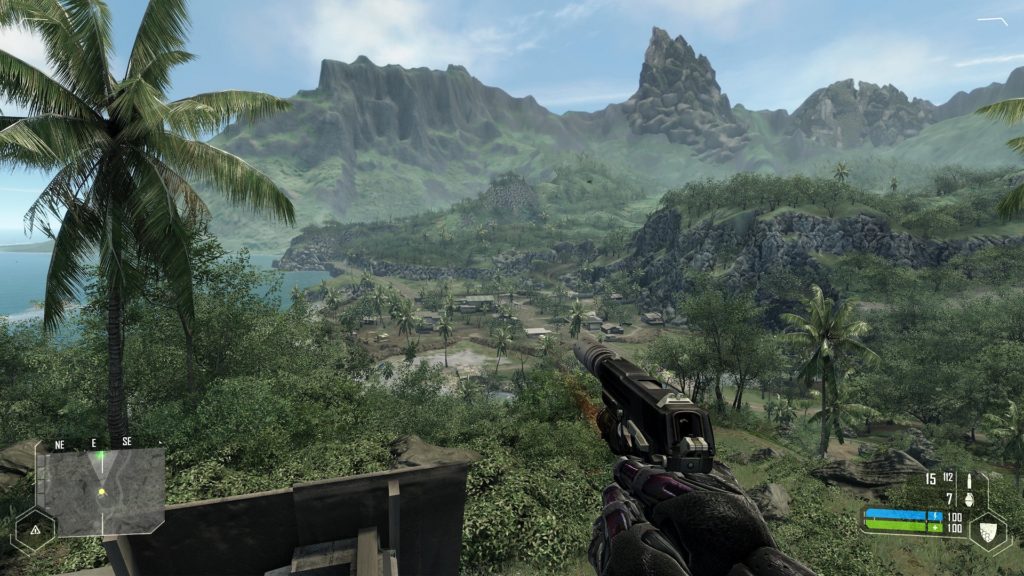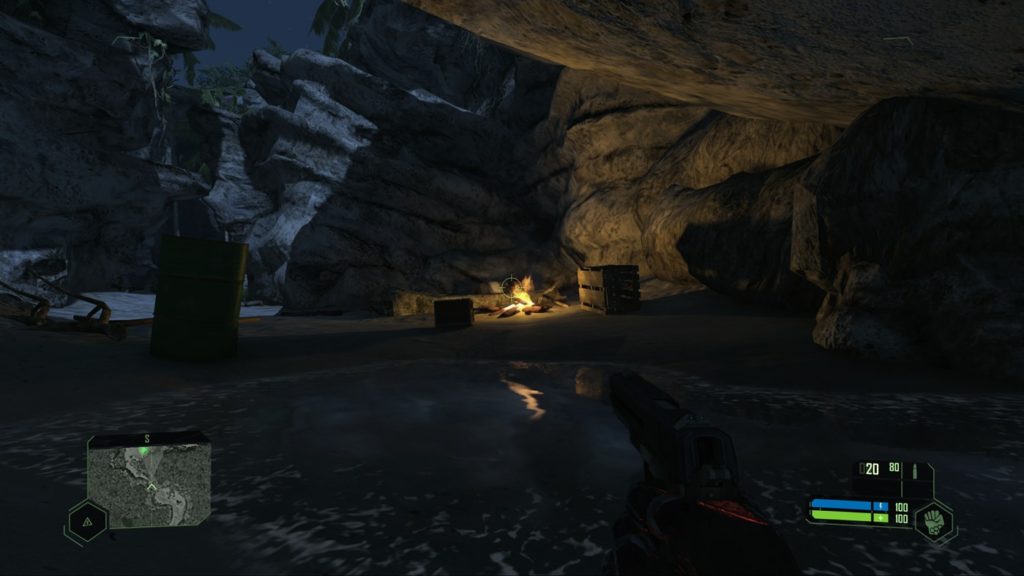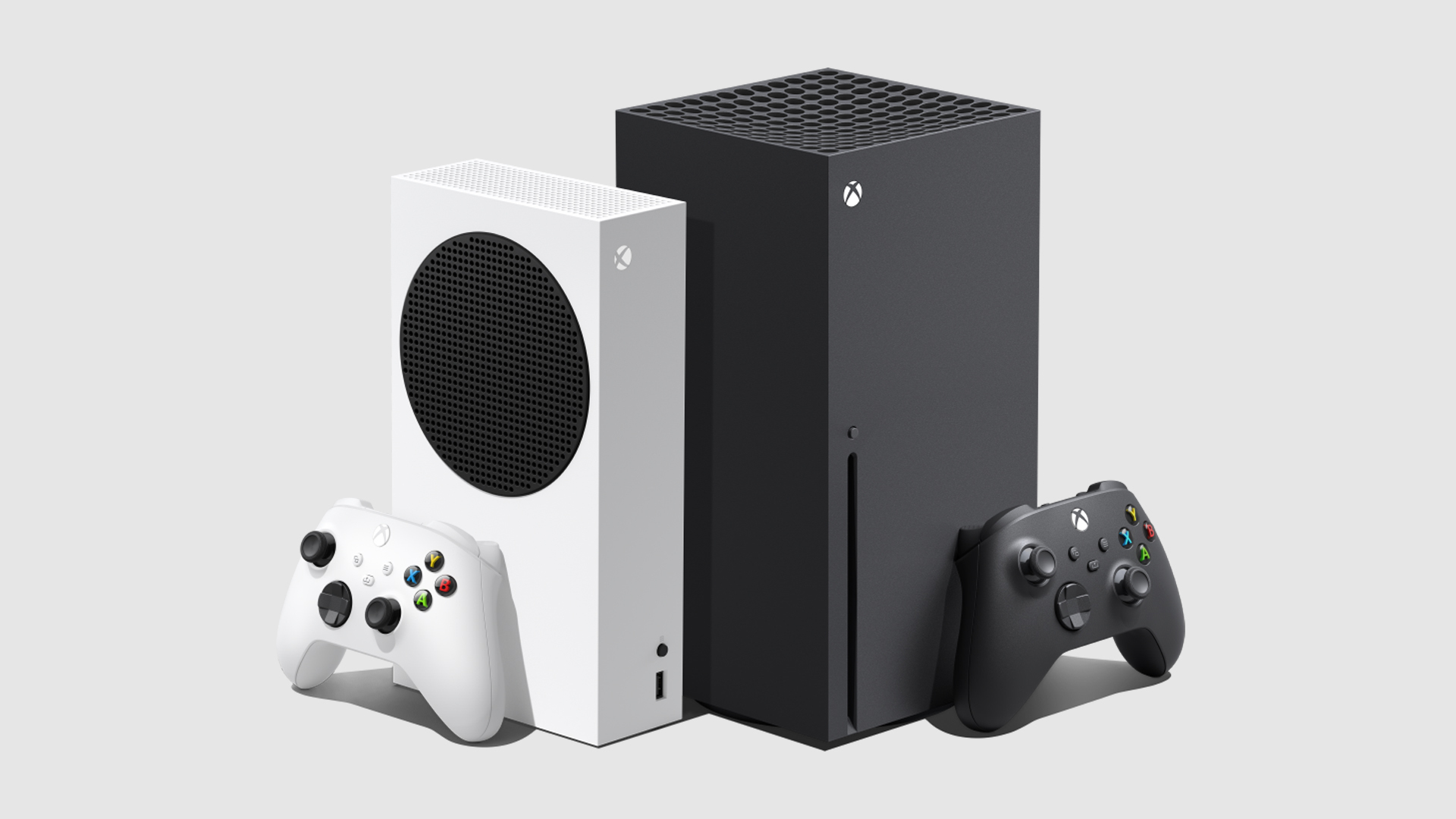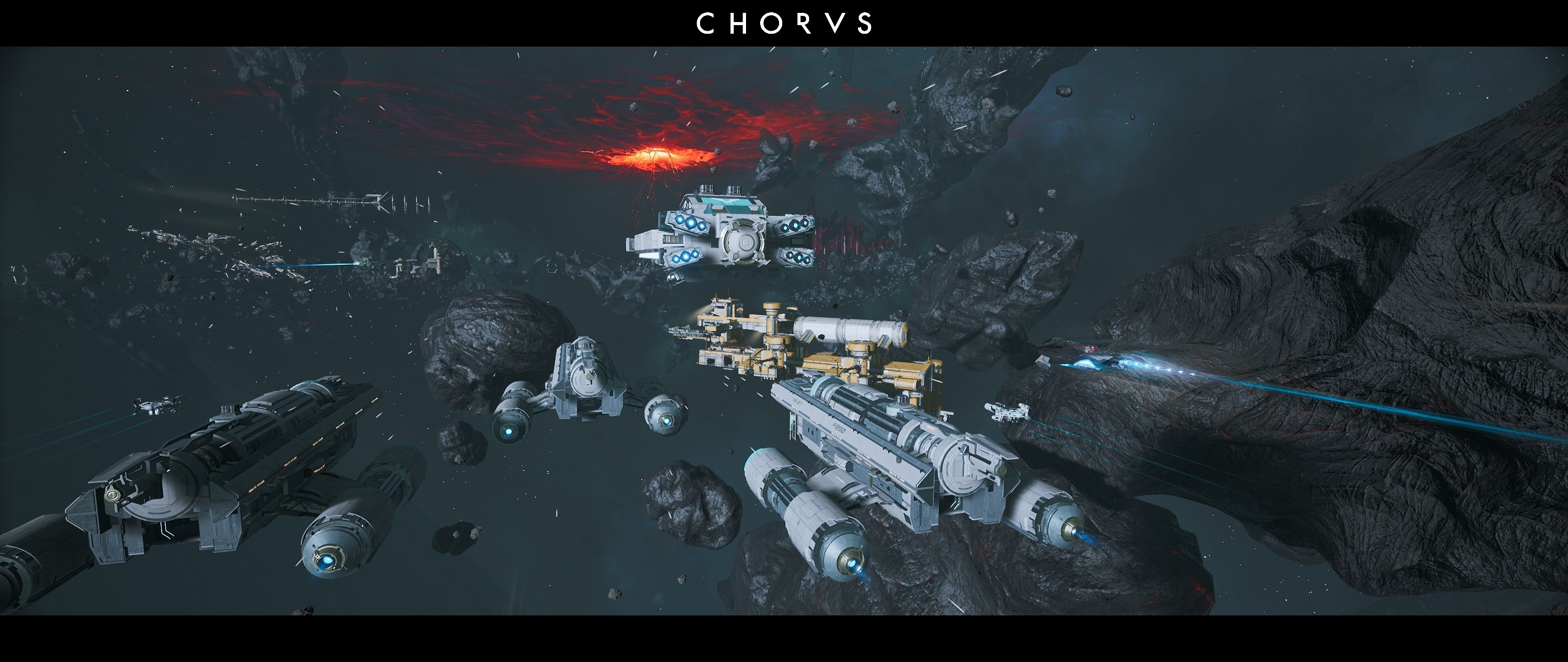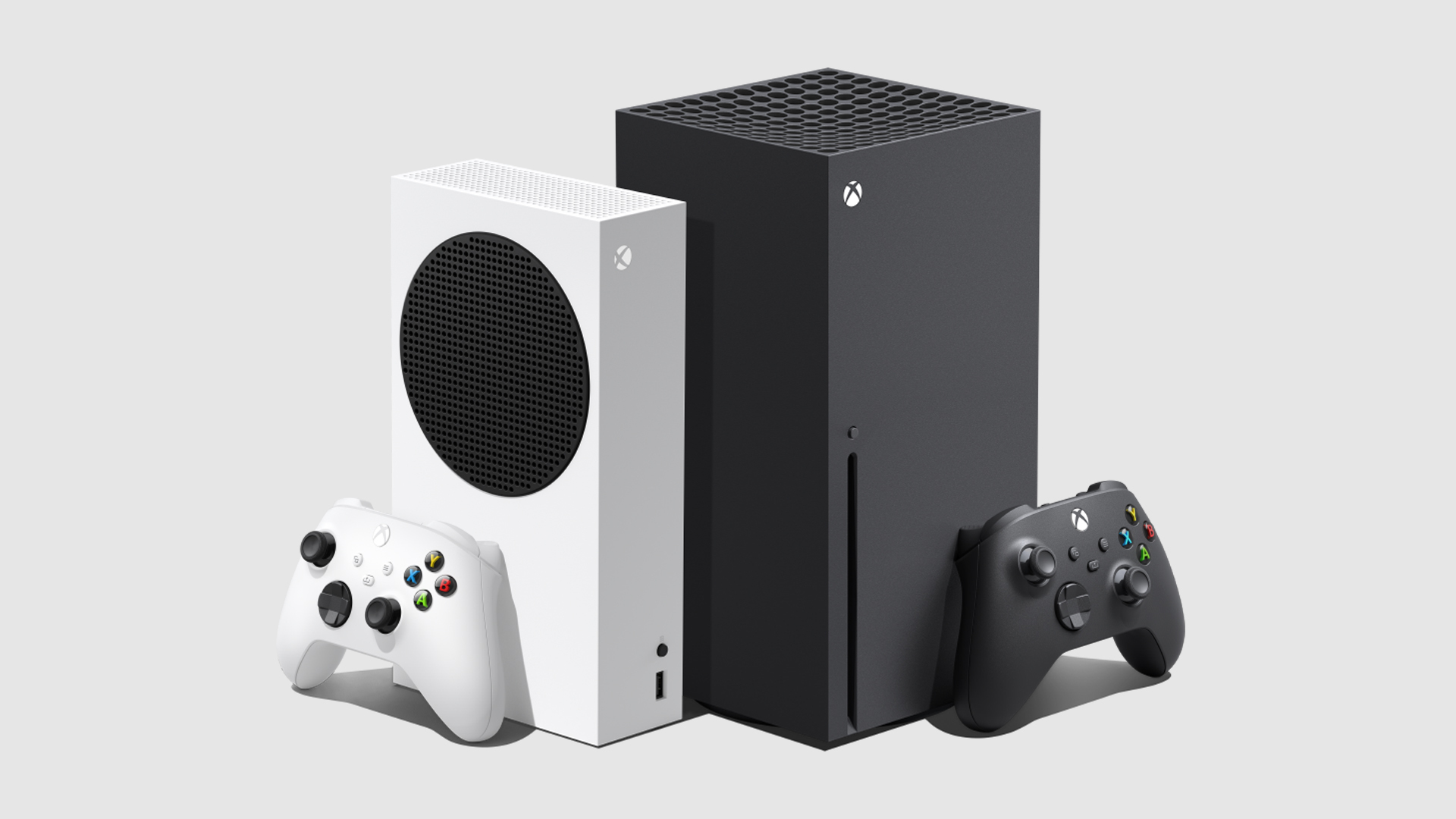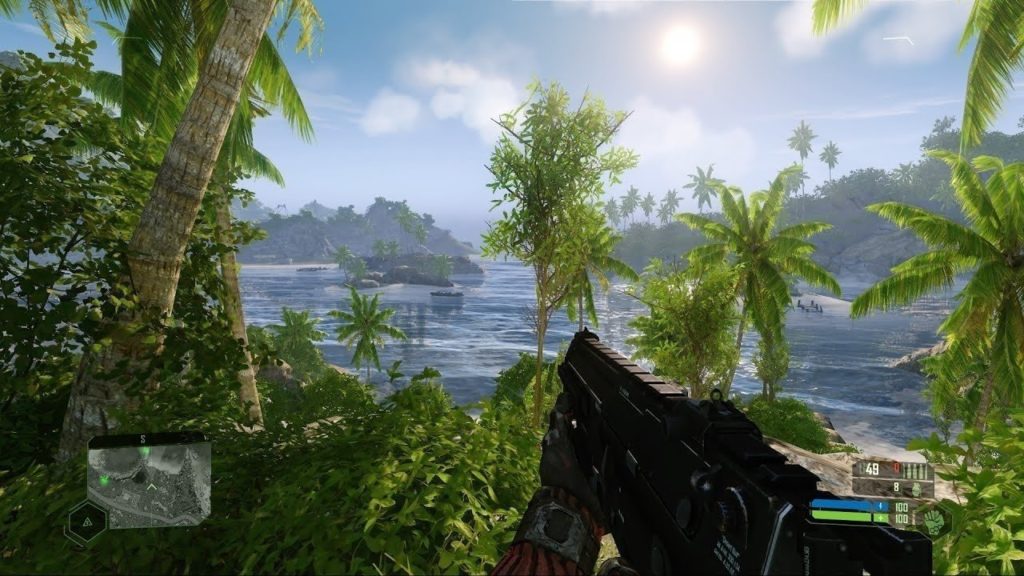
My laptop could run Crysis in 2007. It couldn’t run it well – I had to attach external fans to keep it from overheating, and I was running on a combination of low and medium – but it was playable. Crysis was a revelation. The game is largely remembered for its visual prowess and the “But can it run Crysis?” meme, but Crysis was also an incredible game that dared to give its players freedom. It was thoroughly ahead of its time, so much so that the future Crysis was built for never arrived. At the time, it was thought that increases in CPU power would come from massive increases in clock speed. Instead, advances came using multiple cores. This means that Crysis is still capable of melting even top end rigs, and a locked 60 fps is all but impossible for even the strongest CPUs on the market to achieve, even at 1080p.
A Crysis remaster should have been a home run, bringing a still-incredible game to a new audience while adding graphical improvements and making it easier to run on modern hardware. Unfortunately, that’s not what happened. The game was an absolute disaster at launch. Despite easily clearing (or coming very close to) the recommended specs, I could barely get the game to run – even on low settings. The game constantly stuttered, dropped frames, and crashed. Were I reviewing that build of the game, I would rip it to shreds, and it would deserve it. What a difference a patch makes. The game plays significantly better now, but it’s still a deeply flawed release.
"Crysis Remastered isn’t based on the original PC release, which came out in 2007. Instead, it’s based on the 2011 Xbox 360/PS3 port. "
You see, Crysis Remastered isn’t based on the original PC release, which came out in 2007. Instead, it’s based on the 2011 Xbox 360/PS3 port. The issue isn’t that this port was bad – getting Crysis to run on those consoles at all was absurdly impressive – but it is a downgrade from the PC version. Most of these changes affect the art. It would be impossible to list all of the downgrades that come from using this version as a base, but here are a few to give you an idea of just what’s been affected: vegetation animations and effects, physics and object destruction, reduced shadows and shading quality, and the way clouds are rendered. As I said, this is by no means comprehensive list of the art downgrades that come from building this remaster on the 2011 port, but it should make it very clear that things are not where they should be. Crytek and Saber Interactive, the studios behind the remaster, have added several of the features from the original game back into the remaster, and they’ve promised that more are coming. Whether or not this remaster gets back to where Crysis was in 2007 is anyone’s guess, but it’s still disappointing to see a remaster of Crysis, the last game that wasn’t held back by consoles, held back by machines that are fifteen years old.
What absolutely isn’t coming back is Ascension, the tenth level of the game, in which you pilot a VTOL aircraft. Ascension was cut from the 360 and PS3 ports for understandable reasons: those consoles would have exploded trying to run it. High end PCs still struggle to run Ascension, which remains an impressive visual showcase, but that’s not why it’s not here. It’s here because Crytek doesn’t like it, something they’ve been very open about. To be fair to the developers, Ascension is a bit of a gimmick, and it’s not a great level, but it’s hard to see this as the definitive version of Crysis without it. Ascension’s omission is something the community might fix, though there is currently no game editor for Crysis Remastered, but they shouldn’t have to. Crytek and Saber should have made sure that it was in the game in the first place. Addition by subtraction rarely works; at worst, the developers should have put the level back in and given players the option to skip it.
Another notable omission is the absence of Crysis’s multiplayer mode. While Crysis is rightfully remembered for its gameplay depth and excellent campaign, it also had an acclaimed and popular multiplayer mode. In Crysis Remastered, multiplayer completely absent, which greatly reduces the game’s replay value. More damning than the lack of multiplayer, however, is the absence of Crysis Warhead, Crysis’s standalone expansion. In an era where remasters are generally considered – and expected to be – the best version of a game and any additional content for that game, it is incredibly disappointing that Crysis Remastered features less content than the original game. There’s no Ascension, no multiplayer, and no Warhead in a remaster based on an inferior version of the game. Quite frankly, that’s unacceptable. Even if you like the improvements that Crytek and Saber have made here, that’s a tough pill to swallow.
"Crysis Remastered features less content than the original game. There’s no Ascension, no multiplayer, and no Warhead in a remaster based on an inferior version of the game."
And there have been improvements. This new version incorporates sparse voxel octree global illumination. If you don’t have a head for graphics tech, that might sound like something I just made up, but it’s essentially a type of software ray tracing that simulates how light is bounced around in an environment. This significantly upgrades the lighting in any scene and provides an enormous boost to the game’s already impressive visuals. Crysis Remastered also adds ray traced reflections. In a neat twist, you don’t even need a graphics card that does ray tracing to see the effect, as it can be either software or hardware accelerated. Even more remarkably, Crysis Remastered gets hardware accelerated ray tracing working in Direct 11, which hasn’t really been done before. This solution has allowed the Crytek and Saber to get new graphics options into the game without changing the engine to support Direct X12 or Vulkan, which would have been a lot of work. It’s not perfect – there have been reports of stuttering when this is enabled – but it’s still impressive tech that will hopefully be fixed with a patch.
Other enhancements include support for 8K textures on models and environments, which look incredible, better shadows, and enhancements to the game’s depth of field, post-processing, and draw distance. These are welcome additions, but they make for a remaster that looks worse than the original game in some places and better in others. Hopefully, Crytek and Saber will continue to work on making the downgraded elements more in line with the original game and give the community the tools to do the rest themselves.
Post-patch, the game does run well. I ran it on a mix of medium and high settings with a RTX 2060 Super, an i5 6600k, and 16 GB of DDR4 RAM at 1080p and a solid 60 fps. While I did experience frame drops here and there, they were rare, and things were largely smooth even in intense sections. That said, Crysis Remastered still encounters CPU bottleneck on specific settings, particularly objects quality, shadows, and vegetation. I couldn’t set these higher than medium without incurring significant frame rate penalties. Even high-end computers with the best CPU money can buy are struggling to run Crysis Remastered on the highest setting, ironically titled “Can It Run Crysis?” Part of the purpose of this remaster was to make a version of Crysis that could run at a stable frame rate on the highest settings. In that regard, it seems that there’s still more work to do – if Crytek and Saber decide to continue patching the game, which isn’t a guarantee.
"Crysis is still jaw-droppingly gorgeous, especially given how open many the environments are and how many options you have as a player at any given point. The nanosuit still feels incredible, and the ability to change between speed, armor, cloaking, and strength make for truly diverse playstyles."
The quality of this remaster is a shame, because Crysis is still an incredible game. Sure, the plot’s dumb, but Crysis is still jaw-droppingly gorgeous, especially given how open many the environments are and how many options you have as a player at any given point. The nanosuit still feels incredible, and the ability to change between speed, armor, cloaking, and strength make for truly diverse playstyles that never leave the player short of options. Crytek and Saber have smartly patched the original nanosuit controls back into the game, as well as suit shortcuts that allow you to instantly change settings by double-tapping specific buttons – crouch for stealth, jump for strength, and so on. The simplified controls from Crysis 2 are available as well, and while they work fine, you’re severely limiting yourself by using them. The ability to lean, bafflingly absent from the game at release, has also been patched back in.
Some will no doubt accuse Crysis of being dated, and it is, but it’s dated in a good way. This is a huge, open world with impressive levels of destruction and the nanosuit gives the player an enormous amount of freedom. There’s nothing quite like flipping on maximum speed, bulldozing through a group of enemies, picking one up, flinging him into his buddies, and then popping maximum armor and using your shotgun to clear a couple more before backing behind cover and cloaking to plan your next move.
Weapons are also customizable, and Crysis allows you to swap things like modes of fire, scopes, silencers, and flashlights on the fly to suit any situation. If Crysis feels dated, its simply because most modern shooters don’t give you this level of freedom anymore. The fact that Crysis offers more opportunities for emergent gameplay than most action games released today is an indictment of the industry, not the game.
"Crysis needed a remaster more than most other games, which makes the disappointment I feel after playing Crysis Remastered all the more frustrating."
In 2007, Crysis felt like the future. It was a game designed for the technology of tomorrow, built on the idea of giving as much control to the player as possible. Few PCs were capable of running it. Crytek knew that when they released it; they also didn’t care. Crysis, more than any other game since, was a look at where we were going. Few games have ever made players so powerful and given them worlds so massive to play in. Like the tech that powered it, playing Crysis well is an act of creativity that most games never attempt and fewer accomplish.
The sequels later watered down to run on consoles and the series never hit the highs of this release again. But the original is still a masterclass of design and technology. Crysis needed a remaster more than most other games, which makes the disappointment I feel after playing Crysis Remastered all the more frustrating. I don’t think Crysis Remastered is bad, but it should have never released this way. Crysis deserved better. I hope that Crytek and Saber will continue working on this game and make it into the release I know it can be. But given the state of the industry, I’m not getting my hopes up. If Crysis’s 2007 release taught us anything, it’s that future isn’t promised. Sometimes today is the best things will ever be.
This game was review on PC.

